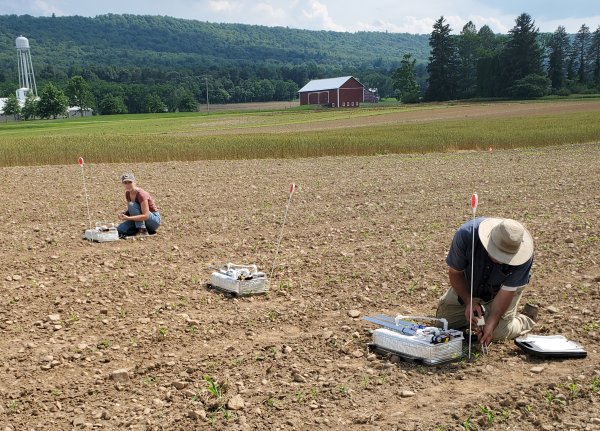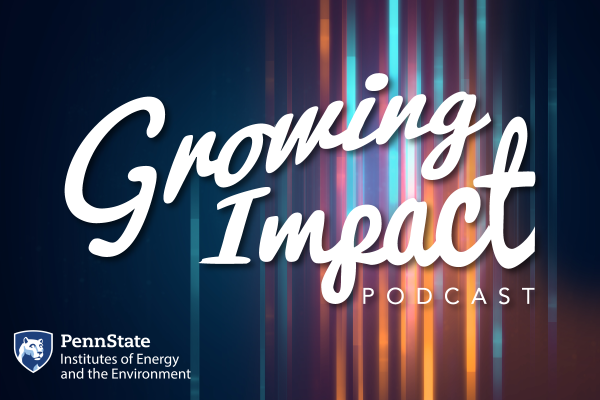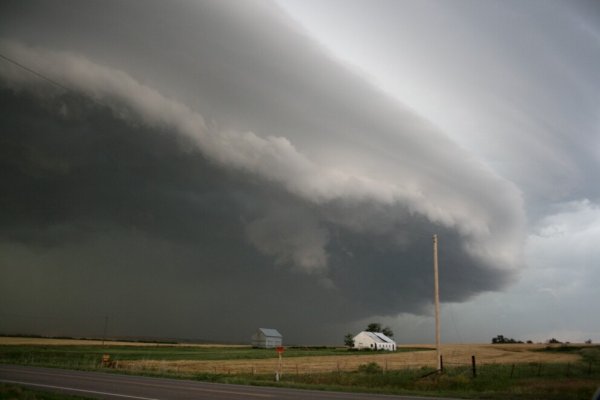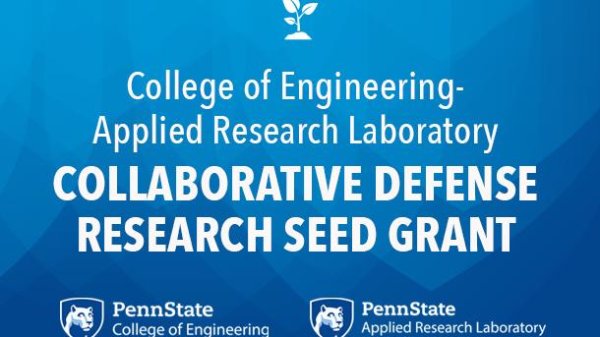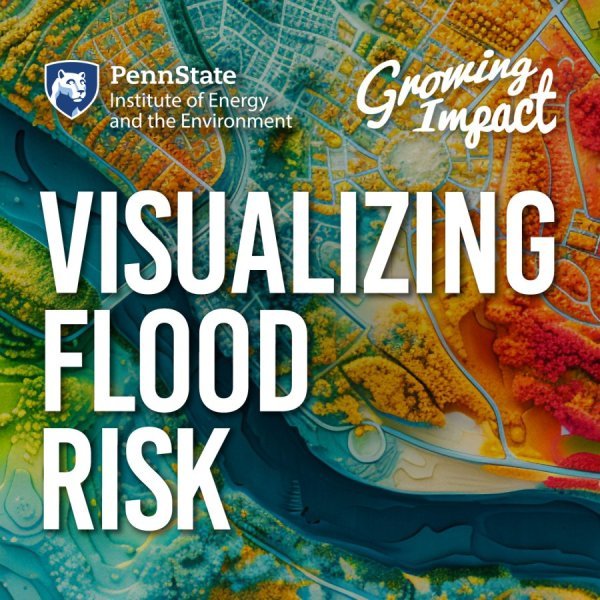Nitrous oxide emissions, coming from legume cover crops, manure, can be reduced
| news.psu.edu
The application of manure after the growth and demise of legume cover crops in rotations is a recipe to increase nitrous oxide releases during ensuing corn growth, according to a team of Penn State researchers who conducted a new study. They suggest that innovative management strategies are needed to reduce these emissions.
Algorithm helps probe connections between stream chemistry and environment
| news.psu.edu
Researchers say their novel application of a machine learning algorithm can analyze how the chemical makeup of a stream changes over time, which could help with environmental modeling and understanding.
Podcast discusses creating inexpensive catalysts for renewable energy
| news.psu.edu
The latest episode of the Growing Impact podcast discusses a seed grant project that is exploring the development of new catalysts used in the process of splitting water into hydrogen and oxygen for use as renewable energy.
Growing Impact: Accelerating renewable energy
| Featuring Mauricio Terrones, Lauren Zarzar
Splitting water into hydrogen and oxygen requires a lot of energy. By introducing catalysts into the process, these renewable energy sources can be created more efficiently. The challenge is that these catalysts use precious metals and are expensive. Mauricio Terrones and Lauren Zarzar are working on a novel method to develop inexpensive and efficient catalysts to split water.
Making climate policy models more relevant
| by Wei Peng
To assist climate policy making, the research community has developed a powerful set of tools to combine insights from economics, technology, and climate science. However, according to Wei Peng (School of International Affairs), these tools miss a crucial factor that shapes climate policy in the real world: Politics. She and her team identify eight political insights that are important for the success of real-world climate policy.
Civic Science Fellow
| aplu.org
The goal of the Civic Science Fellows Program is to co-create strong, diverse, and inclusive connections between science and civic life. Civic Science Fellows are emerging leaders from diverse backgrounds, who are hosted by media, scientific, and philanthropic organizations. Host partners work with fellows to catalyze civic science opportunities. The Fellows become a member of a growing network of enthusiastic advocates for science communication, civic science, and public impact research.
A naturally inspired, reusable system that purifies water and builds itself
| news.psu.edu
In nature, the interaction of molecules at the boundary of different liquids can give rise to new structures. These self-assembling molecules can be engineered to perform specific functions — and now, a team of Penn State researchers has leveraged this opportunity to develop a material that could remove persistent pollutants such as PFAS from water.
Freiburg Rising Stars Academy – Connecting International Researchers to Freiburg Scientists
| uni-freiburg.de
The Freiburg Rising Stars Academy is your door opener to the University of Freiburg. In 2021, we are welcoming early-career scientists from the fields of Materials Science, Chemistry, Biology, Genetics, Informatics, Physics, Engineering, Microscopy, Medicine, and related interdisciplinary fields to apply as Rising Stars.
Professor of Geosciences Jennifer Macalady named Ecology Institute director
| news.psu.edu
Microbe expert Jennifer Macalady, professor of geosciences, has been appointed director of Penn State’s Ecology Institute, effective July 1. Macalady replaces outgoing director Erica Smithwick, who oversaw the research unit for the past five years.
Horizontal winds become major movers of CO2 during cold fronts
| news.psu.edu
What happens to atmospheric carbon dioxide when a cold front moves in has largely remained a mystery, but Penn State-led research is offering new insights that may help improve global carbon models.
Engineering and Applied Research Laboratory award defense research seed grants
| psu.edu
In support of multidisciplinary research, the Penn State College of Engineering and the Penn State Applied Research Laboratory collaborated to create a new seed grant program. Five faculty teams have been awarded the inaugural College of Engineering-Applied Research Laboratory Collaborative Defense Research Seed Grant.
Penn State Security Center announces Fall 2021 Grant Program
| news.psu.edu
The Penn State Center for Security Research and Education is announcing its Fall 2021 Grant Program to support security-related scholarship and educational programs at Penn State. University faculty and researchers are eligible to apply by Sept. 30.

